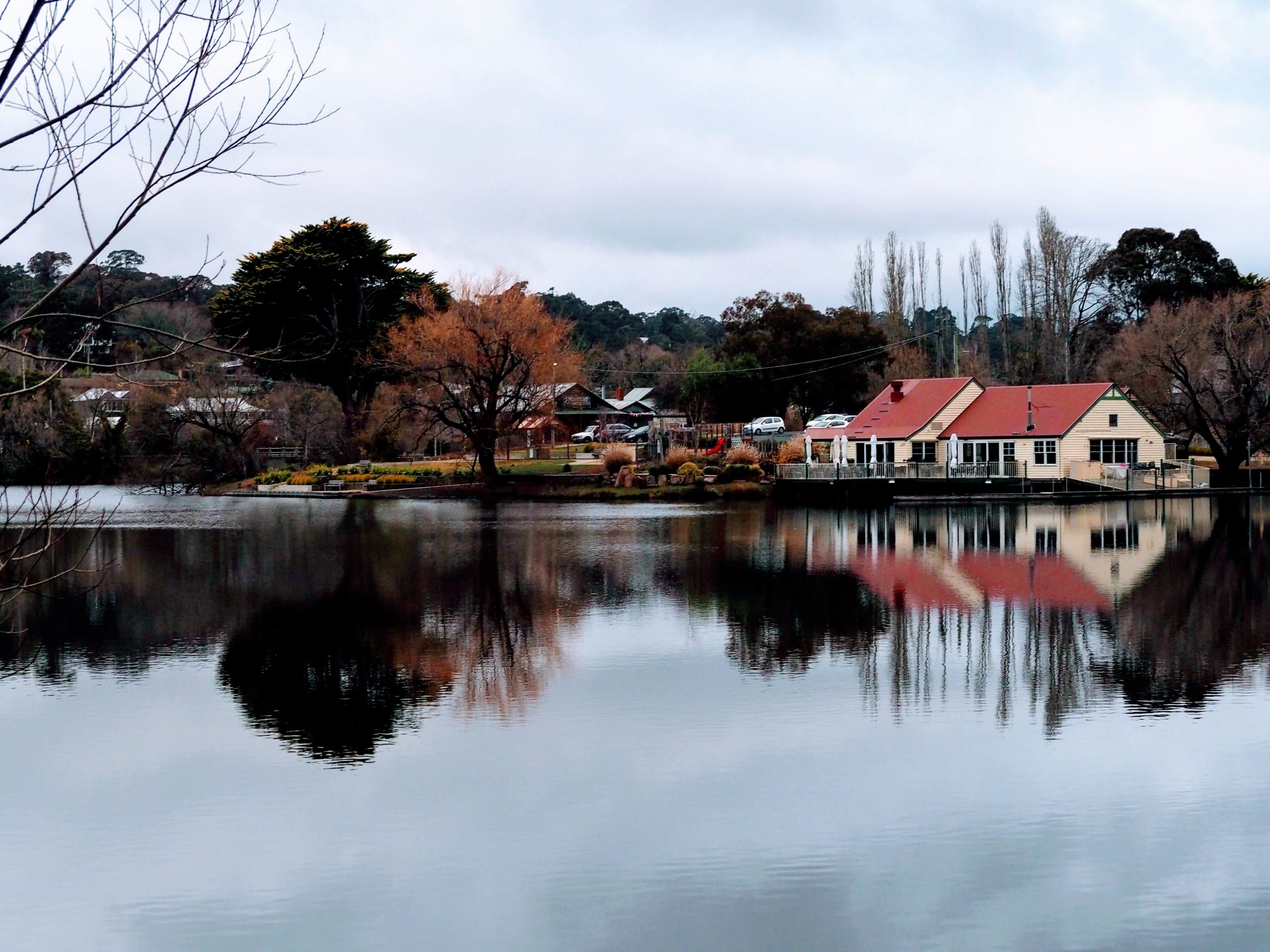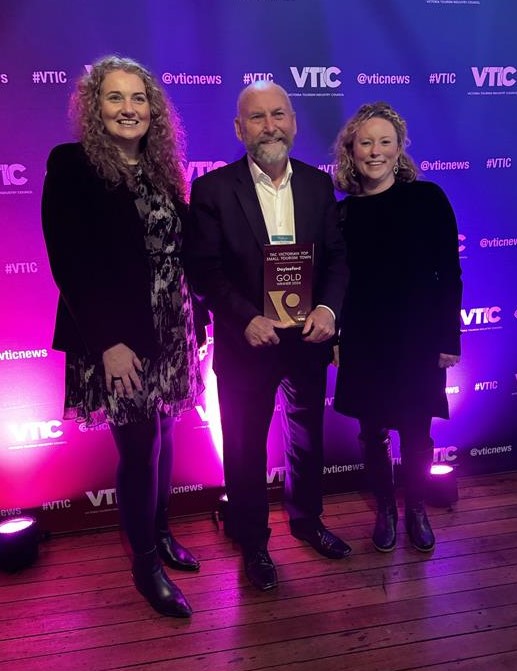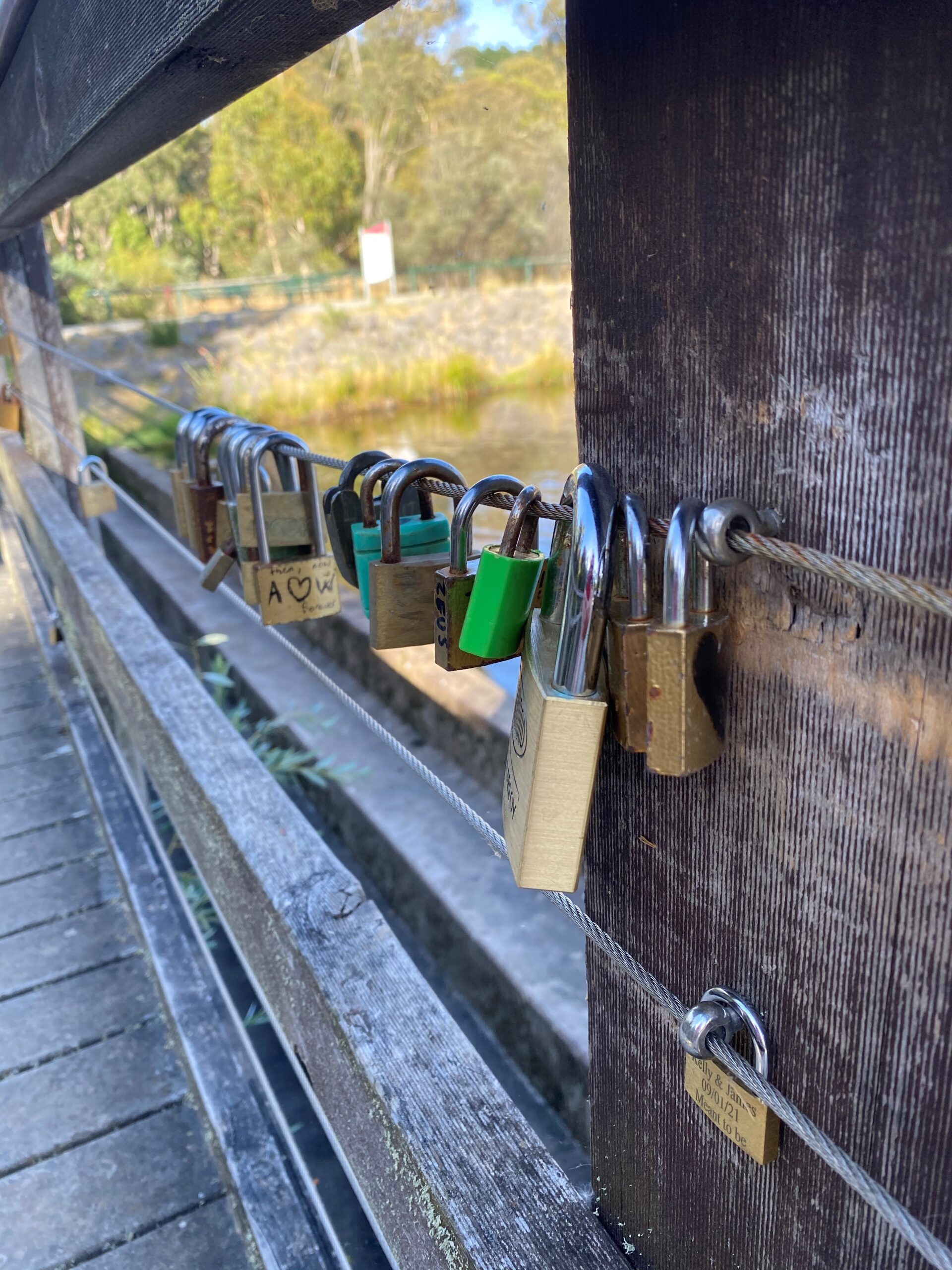May 25th, 2020Best-laid plans out of focus, residents say
Planning for developments in the Central Highlands is a burning issue, as shown by the uproar at a town hall council meeting. In the first of a two-part series Kevin Childs reports dismay among a group of residents and the council’s efforts to placate them.
The future of planning has created a wedge between the Hepburn Shire Council and a big group of residents.
A spokesman for 131 residents who sought a postponement of a crucial review of planning, Ross Ulman, says the request has been denied.
Criticism of what he says is inadequate community consultation and engagement in the latest phase of the Hepburn Shire planning scheme review brought a detailed, 760-word response from the council.
Mr Ulman says what he calls the planning debacle, followed a series of council decisions, such as the big Smith Street development, something that could be reflected in the October postal ballot elections.
The Mayor, Cr Licia Kokocinski, says that in planning matters such as Smith Street, council found it had no legitimate or legal right to deny the application because it met all planning requirements.
“Some people may be unhappy with this, but that is the facts of the current laws we have to follow,” she said.
“Just because one may not be happy about the project, does not mean that council can throw it out.”
Mr Ulman said the dispute began in early March after the council called for community members to apply for membership of five focus groups to consider the review. He said that some applicants who met the entry criteria and applied in time had been rejected without reason.
But the council says it is baffled by this allegation and that anyone who expressed an interest in participating was included.
To the council, the focus groups were an additional form of consultation, adding to its consultation strategy to further examine some key themes in the proposed new policies and further refine the draft planning scheme.
The plan was to publicly exhibit the scheme, proposed to be exhibited mid-year, but pandemic restrictions forced the council to run an online survey, directly call focus group registrants and widely advertise in newspapers and on Facebook.
All documents to be discussed at the focus groups, and later in the one-on-one phone conversations, were posted on council’s website and some hard copies given to residents.
The council pointed to almost 200 people at workshops or drop-in centres in five townships, online feedback on council’s Facebook page and website, an online survey, individual meetings with key community groups and committees including the Friends of Ajax Road, Friends of Jubilee Lake and the Dja Dja Wurrung community, as well as key government stakeholders
For their part, Mr Ulman says his group believes that because of the pandemic, face-to-face focus group sessions were cancelled before the groups could meet. And without any consultation with focus group members, they were replaced by one-on-one phone conversations with the council’s senior planning consultant.
This was despite the strong view that a phone conversation between a focus group member and a consultant could never be a satisfactory substitute for an in-person group discussion.
“Almost unbelievably, the conversations were not recorded, and the notes the consultant took during these calls were not provided to the focus group members. And some group members were not even granted conversations.”
Also, written questions sent to the consultant were said to be either not acknowledged or not fully answered. This is not denied by the council.
Words: Kevin Childs










